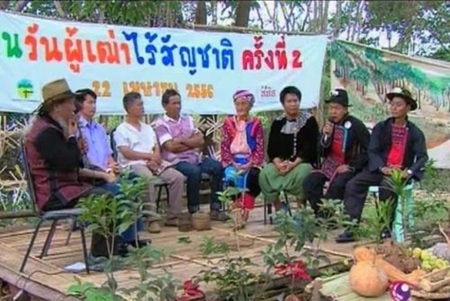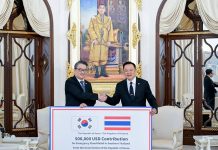In the mountainous terrain of Mae Fah Luang district of Thailand’s northernmost province of Chiang Rai bordering Myanmar, the initial group of ethnic Akha hill tribe people relocated in the area decades ago. But it was only recently that some indigenous people were given an opportunity to get health check-ups for the first time.
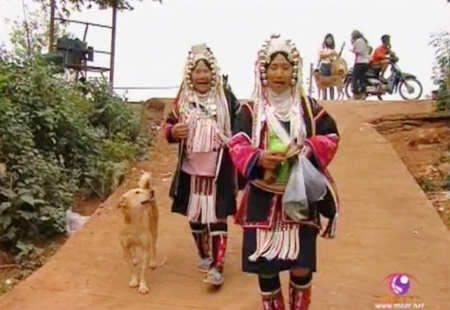
Despite living in Thailand for more than thirty years, many Akha elders are still stateless – as there are no documents affirming birth details which is required as a prerequisite to becoming a national citizen of Thailand. Alongside this barrier, another major obstacle faced by the indigenous people is the legal one — which states that another individual, required to be at least 15 years senior to the applicant, must endorse the application.
“We do not have any documents, not even [identity] cards. At times we feel rather sad, but it is difficult to express ourselves as we are unable to speak the Thai language,” said Meenong Meulae, an ethnic Akha woman.
Amae Sae Baeo, a 64-year-old Akha, continues following his passion of creating silver handicrafts which are created by techniques which have been passed on from generation to generation. Mr Amae currently has his name listed in the Ministry of Interior’s registration database, as well as carrying an immigrant identification card. However, he is currently awaiting the consideration for his application to become a Thai citizen.
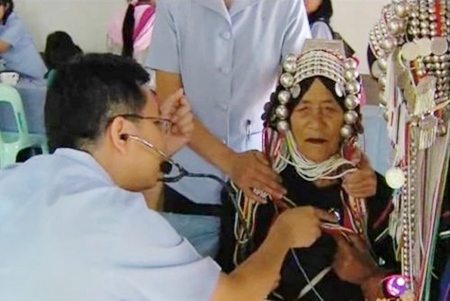
He spoke of a hindrance to this process, by stating that the law requires all those who apply for Thai citizenship to earn at least 20,000 baht per month as income, however, realistically, this is rather a high number for a man of his background. Earning 8,000 baht per month, the hopes of becoming a Thai citizen is rather unlikely.
“I am saddened by this reality of not being able to become a Thai citizen. In the future, I would honestly love to become a full Thai citizen, so I can rest assured,” he said.
With natural terrain make it relatively difficult to access, the Mae Fah Luang district continues to be a large home sheltering the Akha hil ltribe group – most of which are elderly. Without access, state agencies are unable to fully assist and provide medical help in areas of Chiang Rai, Chiang Mai and Mae Hong Son to nearly 1,500 stateless individuals in the three provinces alone.
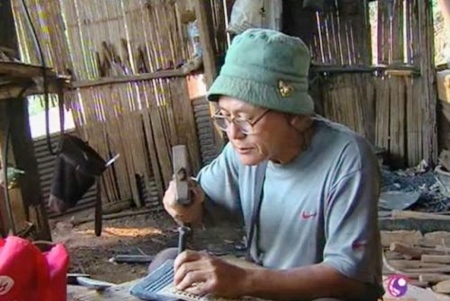
“Perhaps new revisions must be made by the ministry of Interior regarding endorsing new citizenships for those who have long waited for this process to complete,” said Ms Tuanjai Deetes of the Hill Area Community Development Foundation.
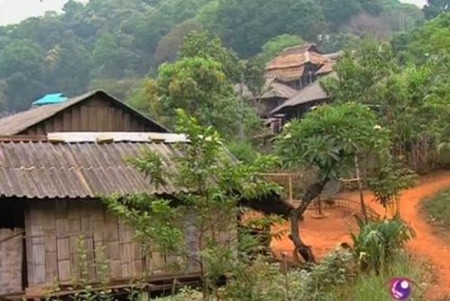
Recently, various sectors have urged reforms to make it easier for the citizenship application processes in Thailand, by advising the Cabinet to revise the laws regarding citizenship applications. Some of these include reviewing the necessity for applicants to speak Thai or to earn at least 20,000 baht per month, or even the need to officially carry a work permit.
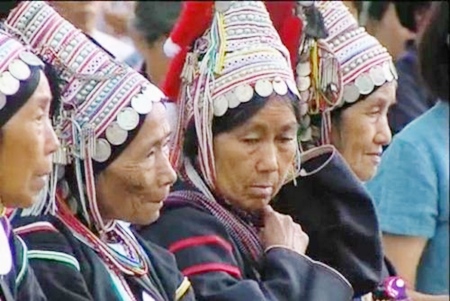
Despite being stateless, it is clear that the ethnic hill tribe people are observably continuing in hope as they fight to receive citizenship
